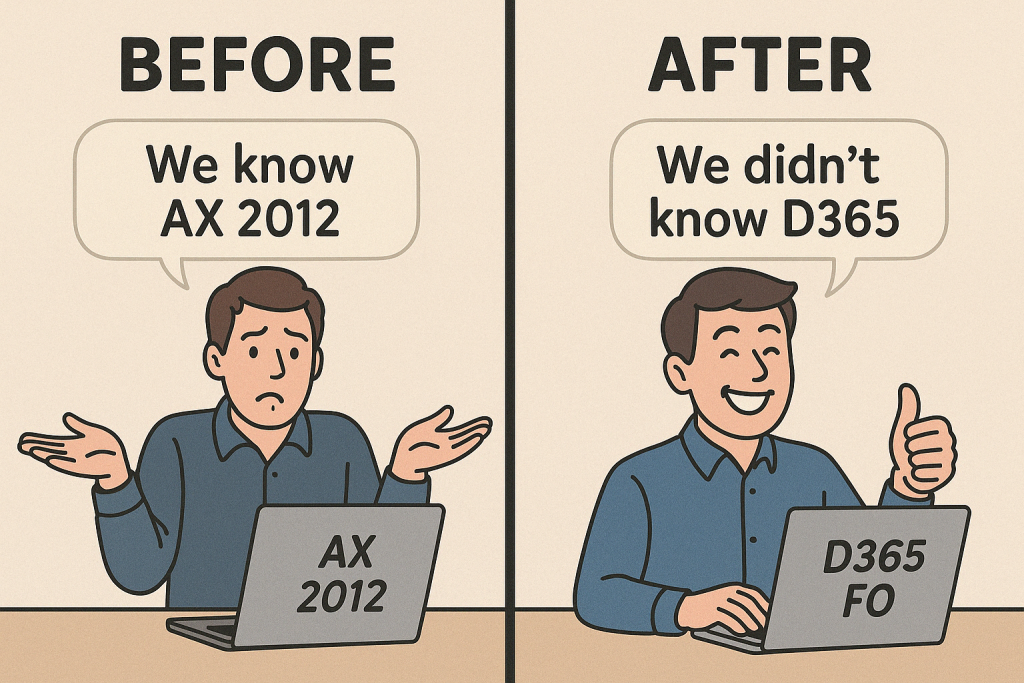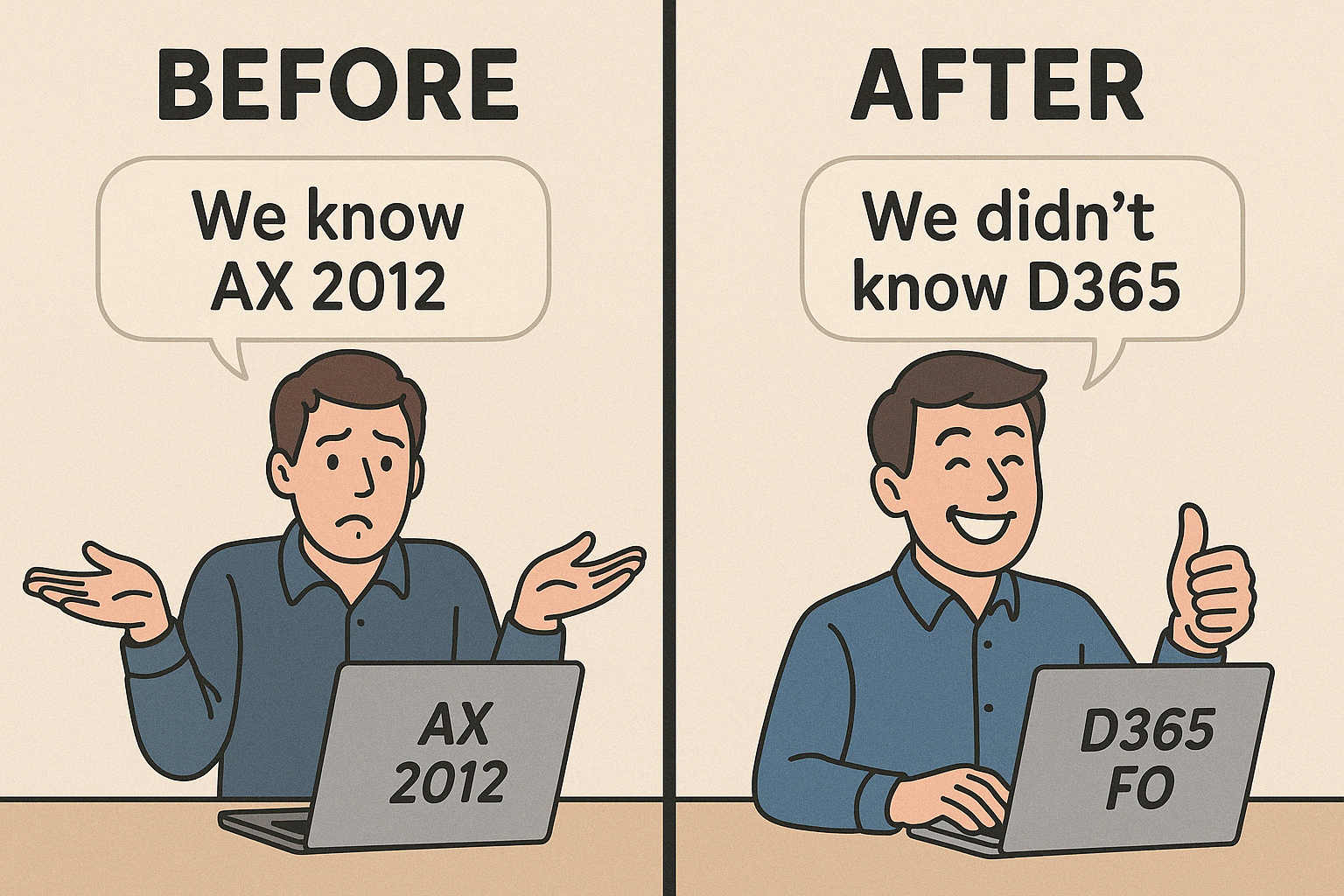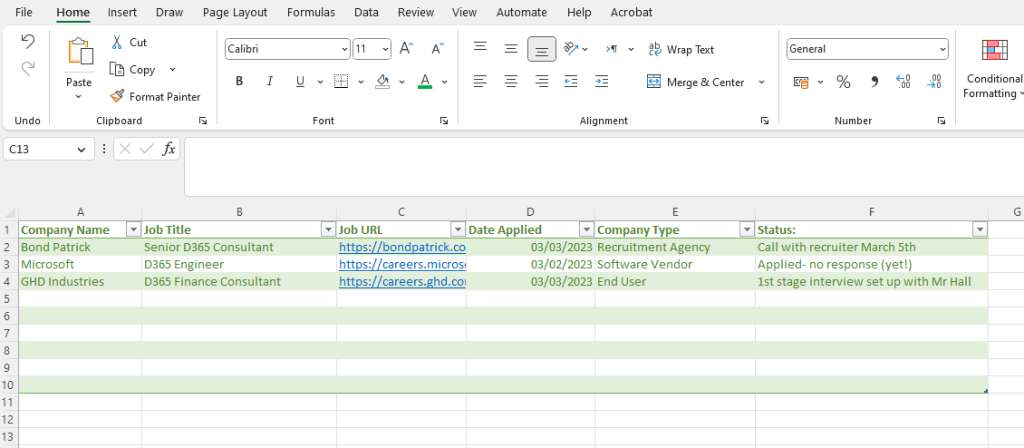| How a Food Manufacturer Upgraded from AX 2012 to D365- WITHOUT Internal Experts If you’re leading a finance team and planning a Dynamics 365 upgrade, here’s a story you’ll want to hear. A mid-sized food manufacturing company recently made the move from AX 2012 to D365 Finance. But like many businesses, they didn’t have internal D365 experts on hand. The controller- responsible for nearly 20 staff across AR, AP, payroll, tax, and accounting- was worried. Would the upgrade disrupt their processes? Was the team ready to handle the change? Would documentation and training hold up over time? That’s when they decided to hire D365 contractors. The Problem ❎ The company faced several challenges: ❎ Documentation gaps and inconsistent SOPs ❎ Limited D365 training across departments ❎ Frequent downstream errors from other teams impacting finance ❎ No internal D365 support dedicated to finance They weren’t just dealing with a technology upgrade- they were staring down the risk of inefficiency, confusion, and burnout. Our Solution We placed a senior D365 Finance consultant to support the upgrade. This wasn’t just a tech resource: it was a strategic enabler who “got” finance: ✅ Documented mission-critical finance processes ✅ Provided targeted, just-in-time training ✅ Introduced practical tips to improve navigation and efficiency ✅ Implemented account structure controls to reduce month-end errors |

He also highlighted underused features like dashboards and workspaces- unlocking time savings and better decision-making.
The Outcome
🏆 Finance team gained confidence in using D365
🏆 Documentation is in place for continuity and training
🏆 Month-end chaos reduced through smarter configurations
🏆 Day-to-day work became faster and easier
🏆 The controller and her team could finally shift from reactive to proactive
“We didn’t realize how much we didn’t know about D365 until someone showed us. The consultant gave us structure, confidence, and smarter ways of working. If we had someone like that on our team full-time, we’d be 10x more efficient.”
The Takeaway
If you’re navigating a D365 Finance upgrade without internal experts, you’re not alone.
But you don’t have to go it alone either. d365contractors.com connects you with seasoned consultants who not only know the platform, but understand the realities of finance teams under pressure.
Need help getting more from D365? Let’s talk about how our independent consultants can support your team- without the overhead of a big firm.
About d365contractors.com
In collaboration with Bond Patrick- we specialize in placing elite, independent Dynamics 365 professionals into manufacturing, finance, and supply chain teams across North America.
Our contractors are handpicked, deeply experienced, and ready to make an impact.
Ping Ryan directly for more information: ryan@bondpatrick.com















